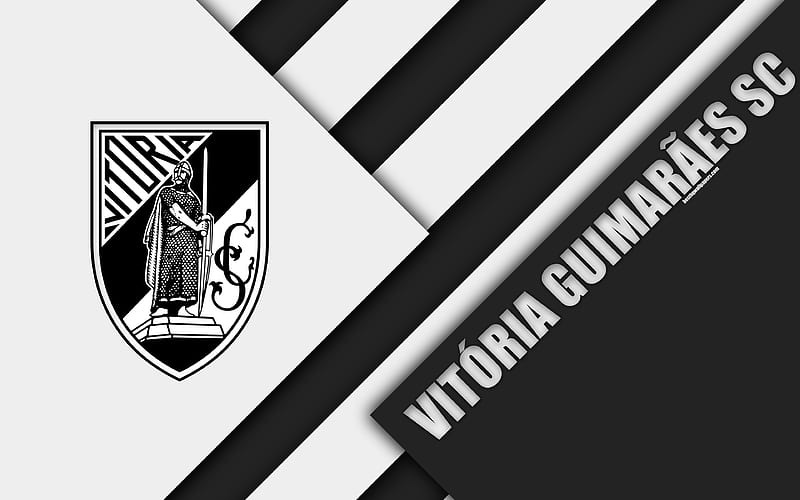Entering the late 20th century, Vitoria de Guimaraes reached a golden era characterized by remarkable success at both domestic and international levels.
Domestic Success and Iconic Matches Vitoria de Guimaraes Football Club
The late 1980s and early 1990s saw Vitoria de Guimaraes claiming their first major trophy—the Taça de Portugal—solidifying their place in Portuguese football history. This victory turned into a source of inspiration, propelling the club to pursue further glory hello88.
Memorable matches during this time etched themselves into the annals of the club’s legacy, capturing the imagination of fans. Thrilling encounters against rivals such as Boavista and Sporting CP showcased the team’s prowess and determination to succeed.
These thrilling battles not only highlighted the skill of the players but also strengthened the ties between the club and its fervent supporters. The collective experience of celebrating victories and sharing heartbreak in defeat fostered a unique community spirit that remains central to Vitoria de Guimaraes today.
European Competition: A New Frontier
As the club gained momentum domestically, Vitoria de Guimaraes began making strides on the European stage. Participating in continental competitions such as the UEFA Cup and the Champions League, they showcased their talent beyond Portugal’s borders.
European matches brought a fresh wave of excitement, allowing Vitoria to compete against elite clubs from across the continent. The thrill of these encounters ignited passions among fans, who traveled far and wide to support their beloved team.
The club’s performance in Europe cemented its reputation as a formidable force, attracting attention from scouts and media alike. The experience gained from competing internationally contributed significantly to the growth and development of the players and the overall stature of the club.
Impact on Local Identity
Throughout the club’s rise, the identity of Guimaraes was intricately woven into the fabric of Vitoria de Guimaraes. As locals passionately supported their team, they forged an unbreakable connection between the city’s historical significance and the football club’s aspirations.
This identity transcended football, influencing art, music, and social events throughout Guimaraes. Celebrations following victories often spilled onto the streets, promoting a sense of unity among residents and fostering a culture of shared enthusiasm.
The symbiotic relationship between Vitoria de Guimaraes and Guimaraes itself became evident as the club’s success bolstered local tourism and economic activity. Festivals celebrating the team and its accomplishments attracted visitors from all corners, enriching the city’s cultural landscape.
